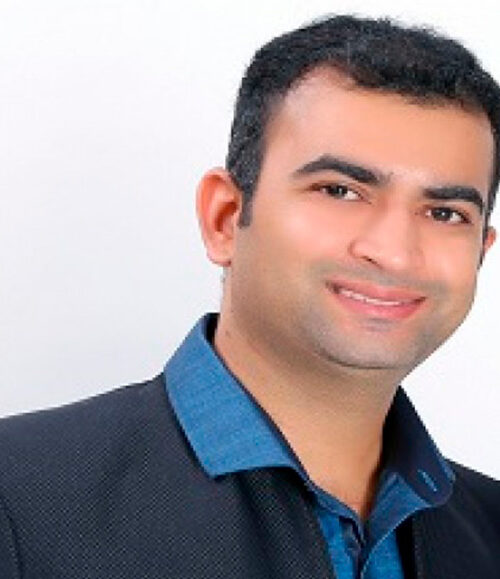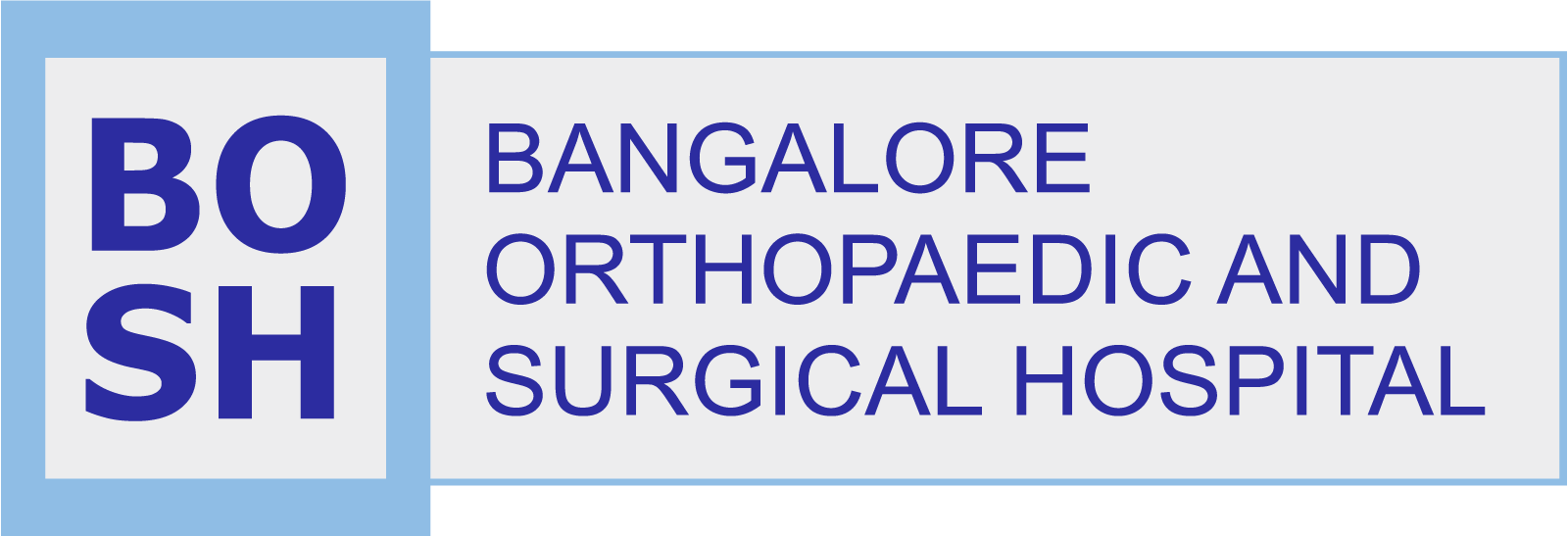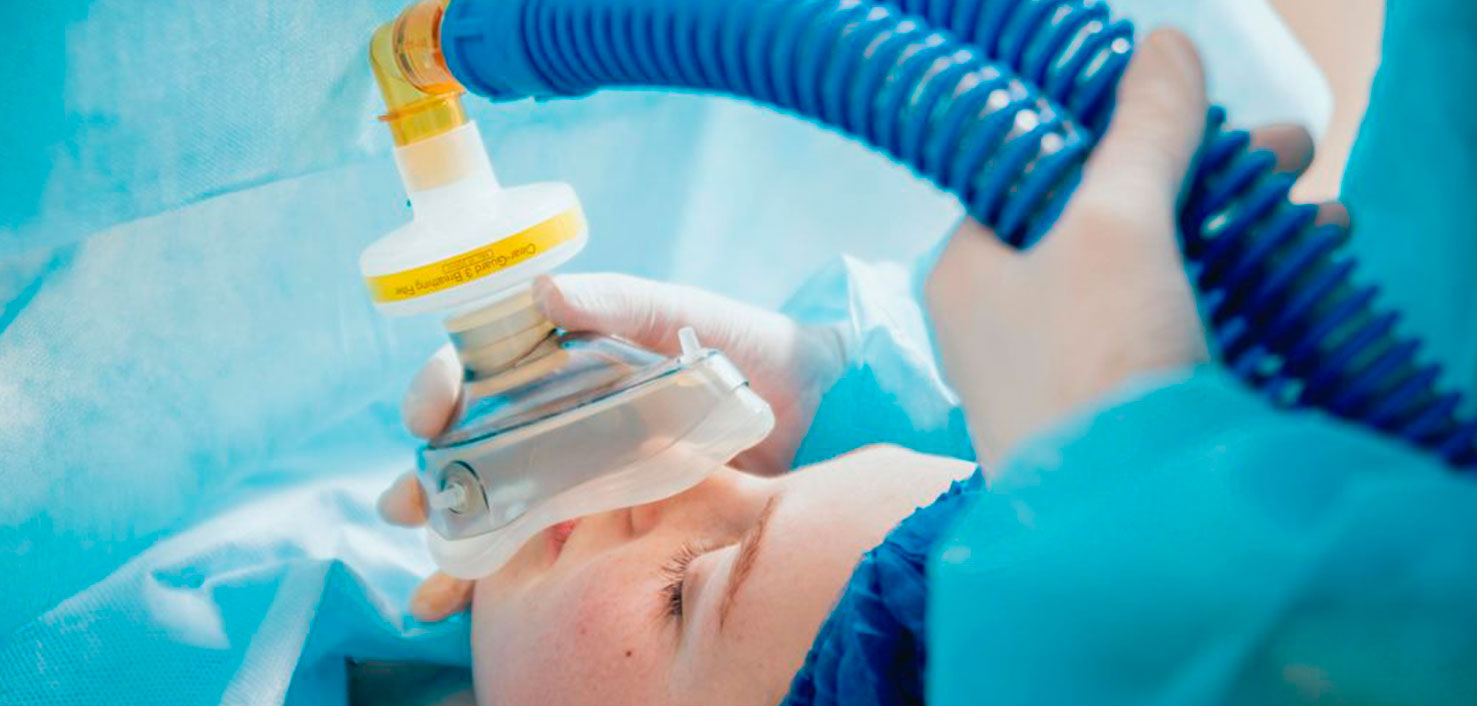Our approach
The Department of Anaesthesiology at BOSH utilizes the most exceptional, safe and patient-centric strategies in the delivery of anaesthetic care. Our group of incredibly gifted and experienced anaesthesiologists strive to give the best quality patient care during surgery as well as comprehensive pre-operative check-ups and post-operative pain management. Aided by state-of-the-art technology, our dedicated team of anaesthesiologists function collectively with all surgical specialties to provide the best healthcare experience for patients.
Types of Anaesthetics
Local Anaesthesia
Local Anaesthesia is administered only on the surgical area to numb the pain where patients will be awake or moderately sedated. Given as an injection, sprayed on or applied as an ointment, this anaesthesia wears off in a few hours.
Regional Anaesthesia
Regional anaesthesia is used to numb an area of the body to perform a surgery. Depending on the surgery patients may remain awake or be given a sedative. Regional anaesthesia includes epidurals given during child birth.
General Anaesthesia
General anaesthesia acts on the entire body and is used for performing surgeries safely without making the patient uncomfortable. Under general anaesthesia patients are in a state of deep sleep or unconsciousness.
Treatments at BOSH
Pain Management
At BOSH our pain management specialists’ main objective is to reduce your suffering and help you lead a comfortable life. The most advanced treatment options are made available through a comprehensive range of services to manage pain for patients with acute or chronic pain under the supportive and compassionate care of our specialists.
Pharmacotherapy
Pharmacotherapy is recommended in case of mild pains where treatment consists of over-the-counter medications and topical agents such as lotions and creams. Based on the efficacy of the treatment, taking stronger medications such as muscle relaxants or multiple pain killers may be advised. Due to rapid advances in medicine, a wide variety of medications and treatments are available even for acute, chronic, and cancer related pain. These include a variety of common pain relievers, anti-inflammatory drugs, anti-depressants, opioid pain medications and anti-seizure medicines.
Interventional Approaches
Interventional approaches are typically used to manage short term pain caused by injuries, surgery or acute pain from damage to the soft organs. Therapeutic blocks, implanted nerve stimulators, steroidal injections, pumps and catheters are the usual means to administer medication to the affected area. Therapeutic blocks typically involve administering of medications through injections near certain nerve groups in the body to block the sensory nerve impulses reaching the brain.
Rehabilitation Approaches
Rehabilitation approaches essentially focus on improving and strengthening mobility & function through physical therapy and occupational therapy. In some cases if required, Transcutaneous Electrical Nerve Stimulation (TENS) Unit therapy that uses electrical stimulation through electrodes near the area of pain to offer relief, may also be recommended.
Radiofrequency Ablation
Radiofrequency ablation uses an electrical current produced by a radio-wave to heat up a small area of nerve tissue to decrease pain signals from that tissue. Clinical data shows that Radiofrequency Ablation can provide effective, lasting pain relief.
Our Specialists

Dr R Nagesh

Dr. Sudhir Rao. S



